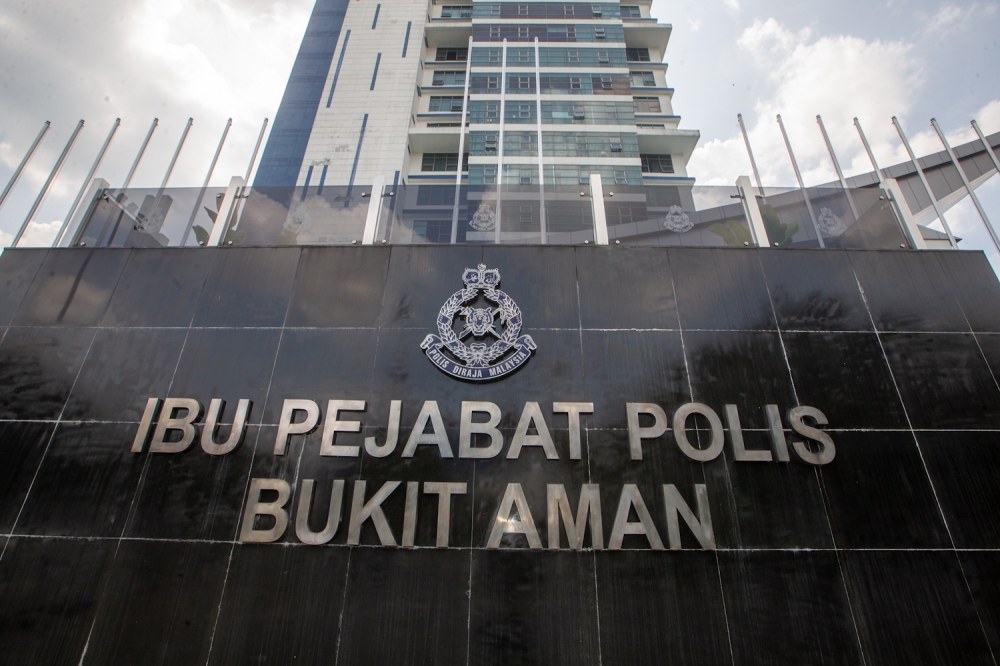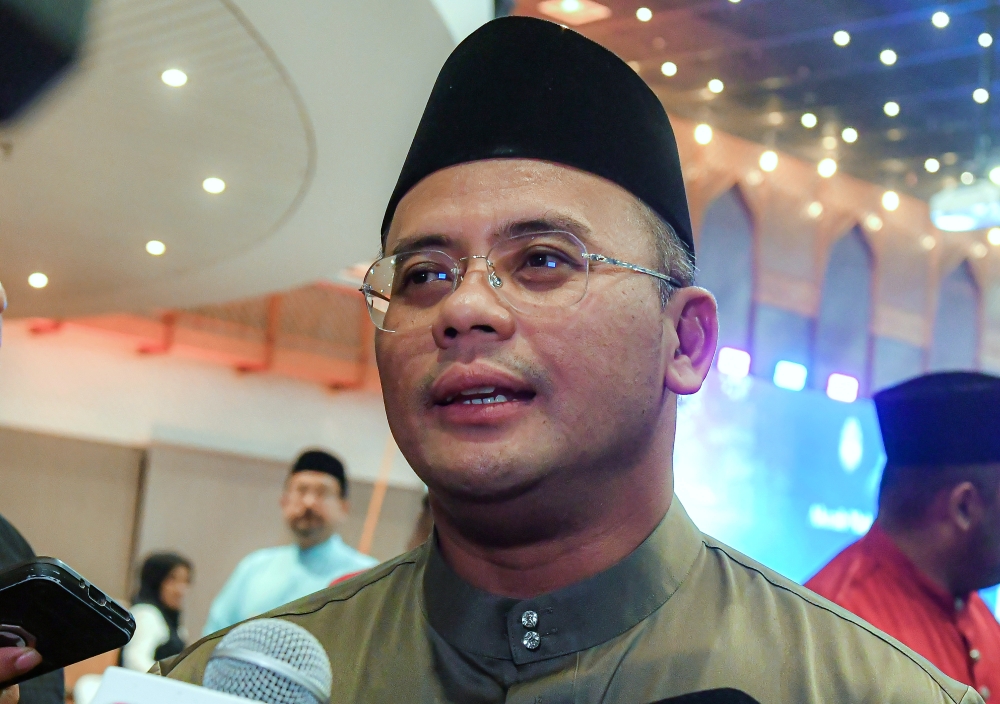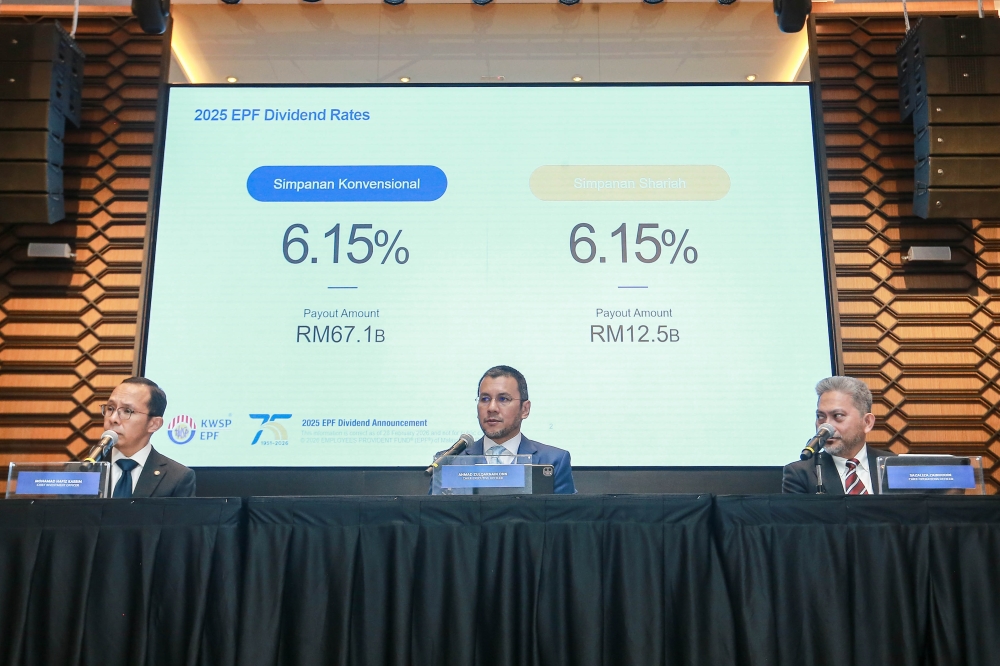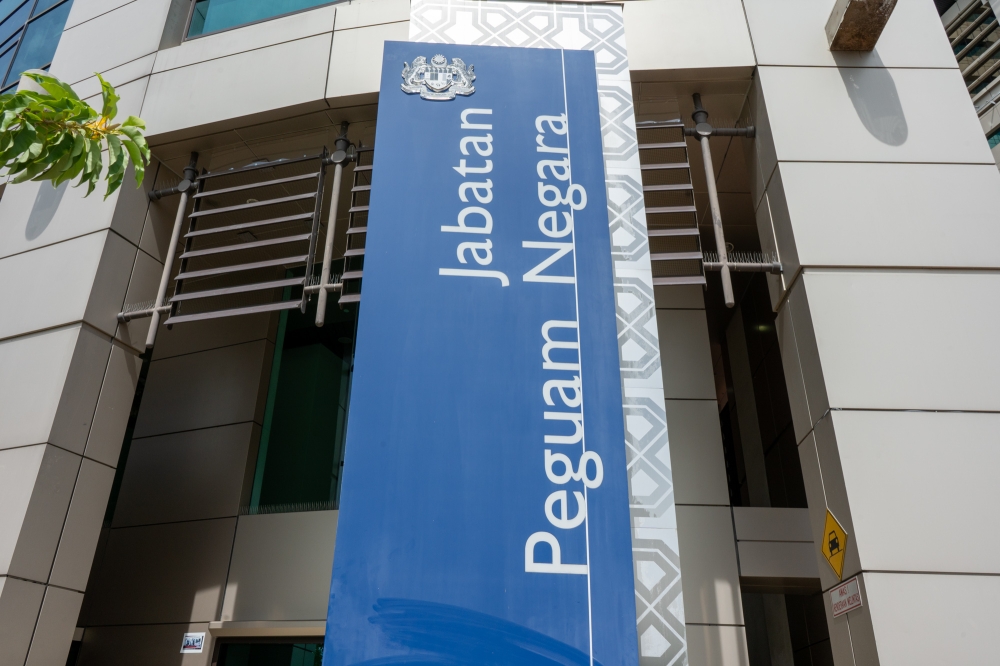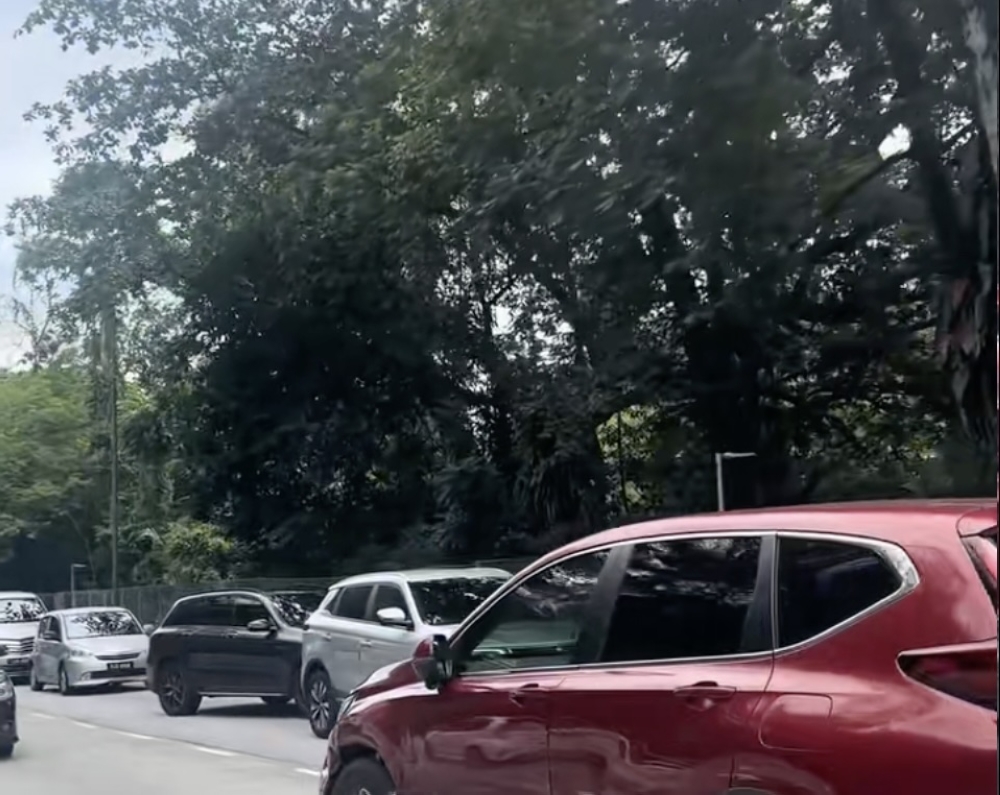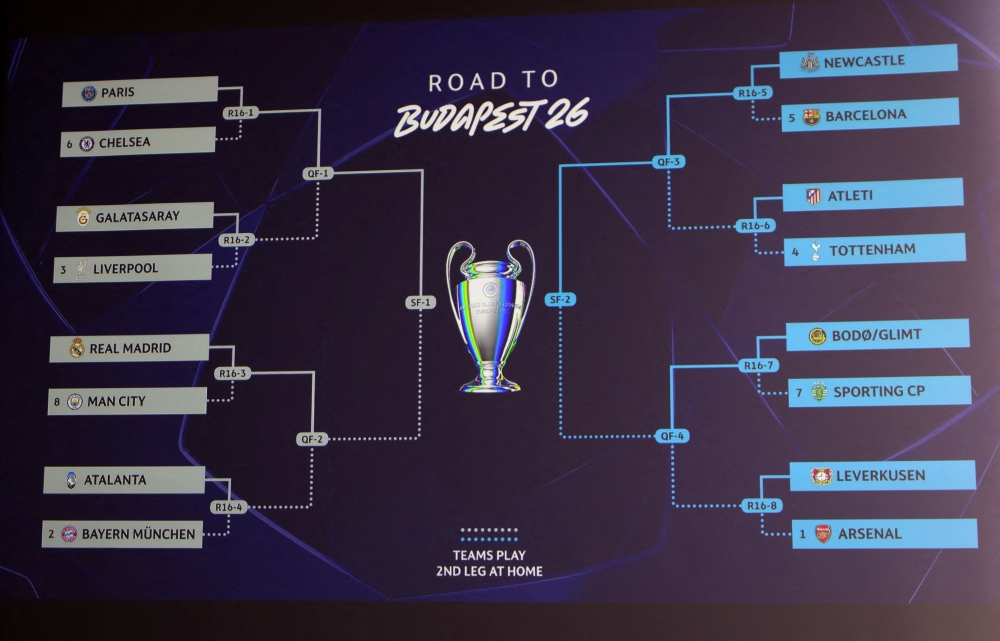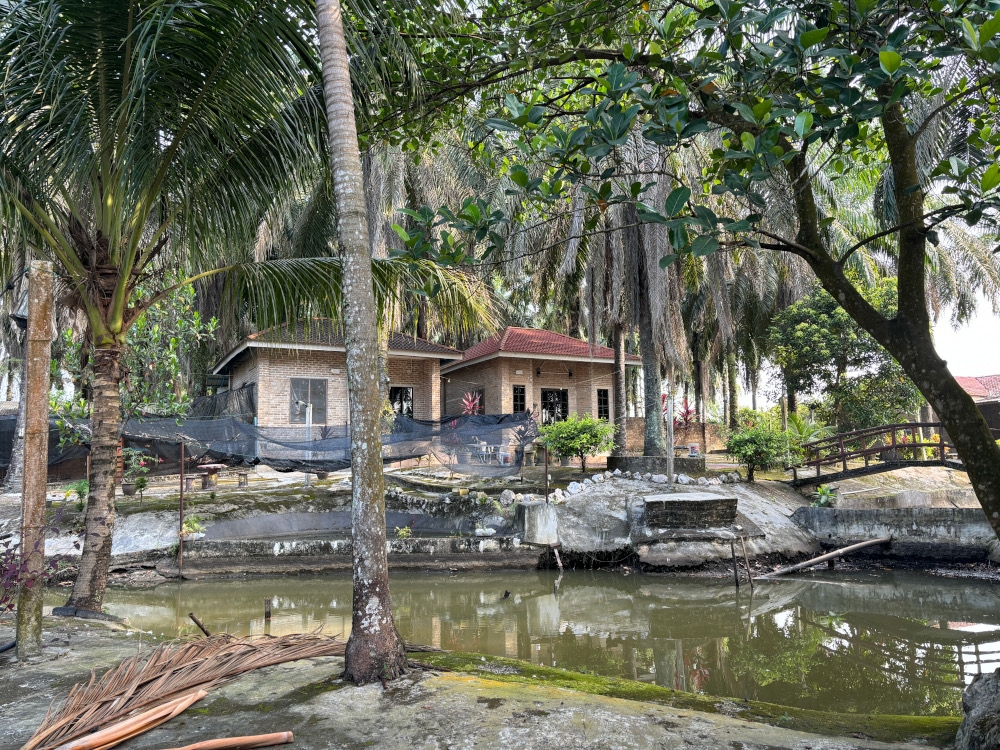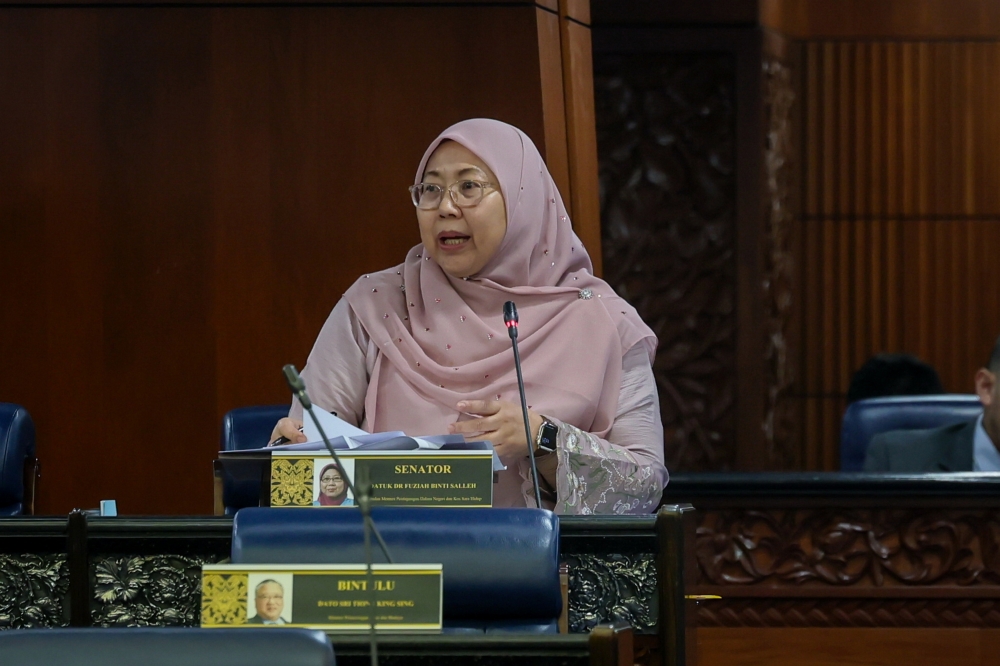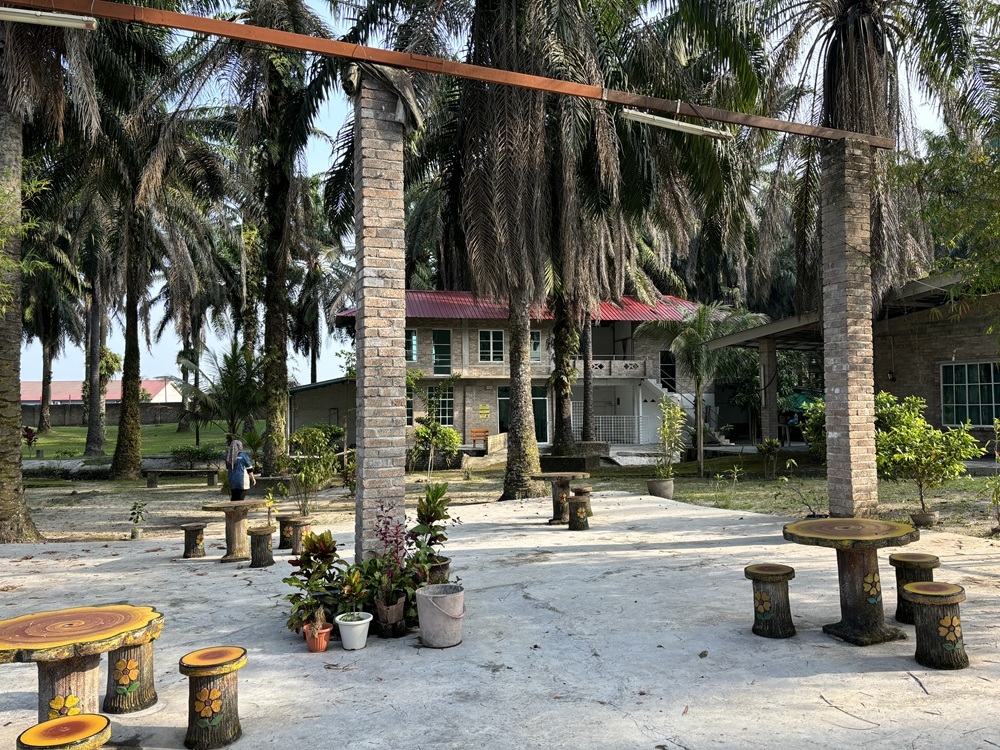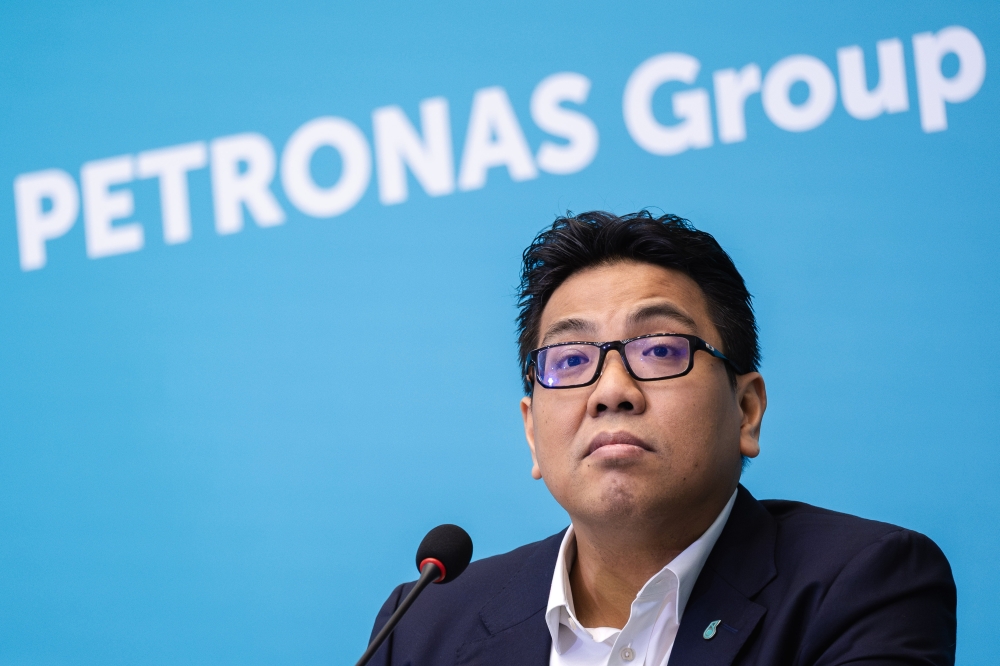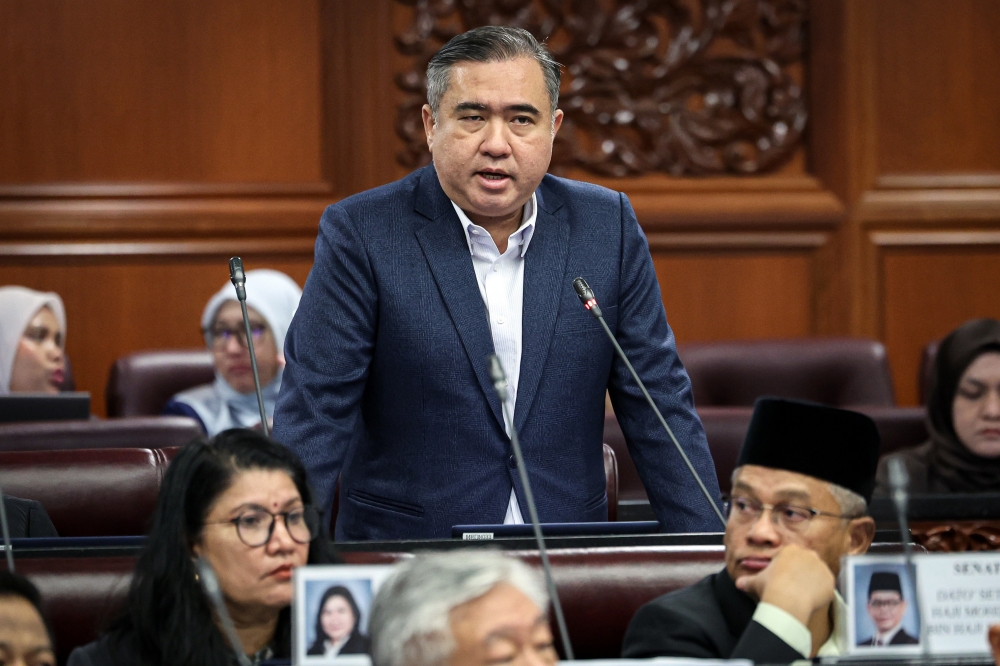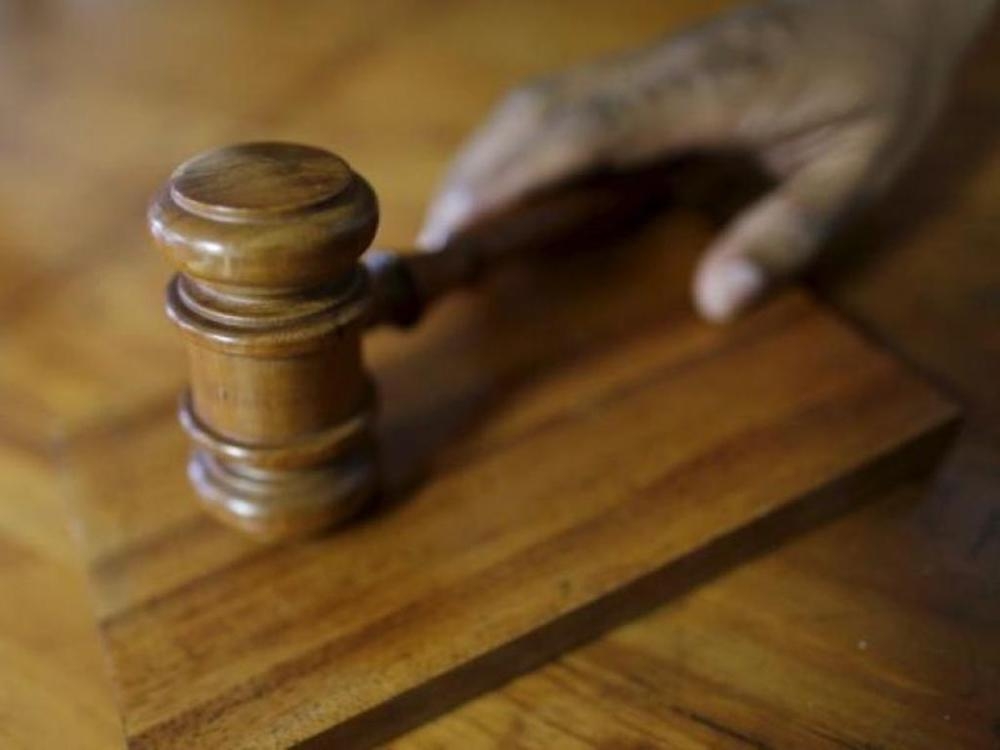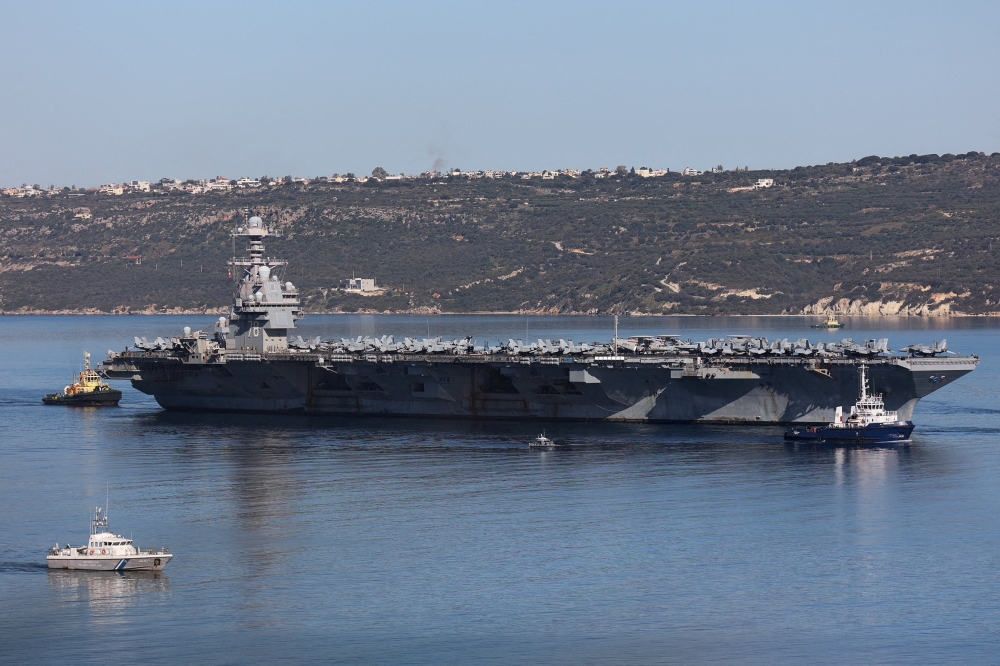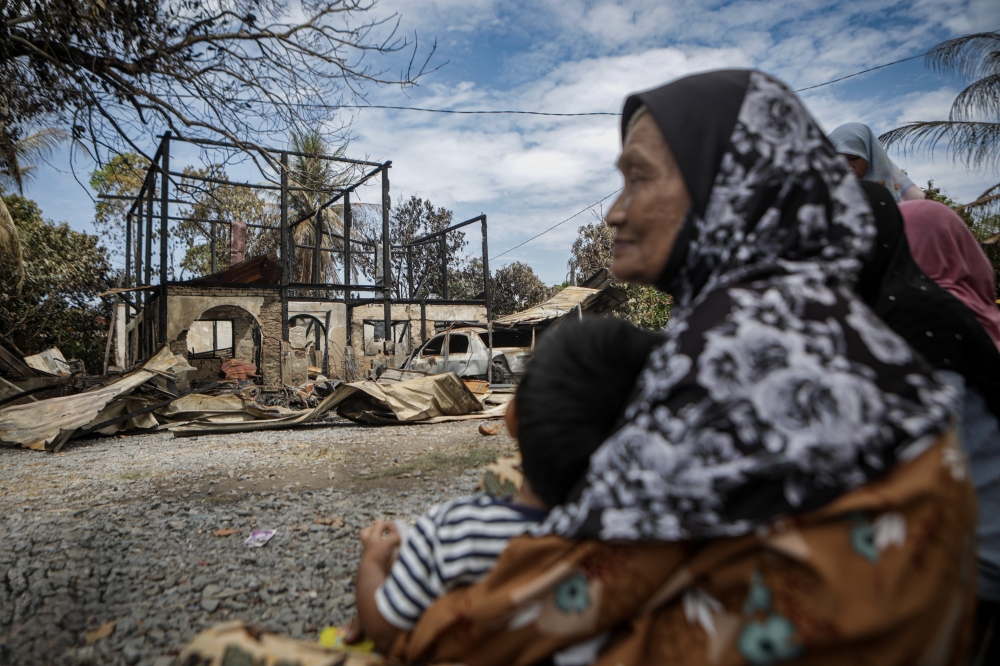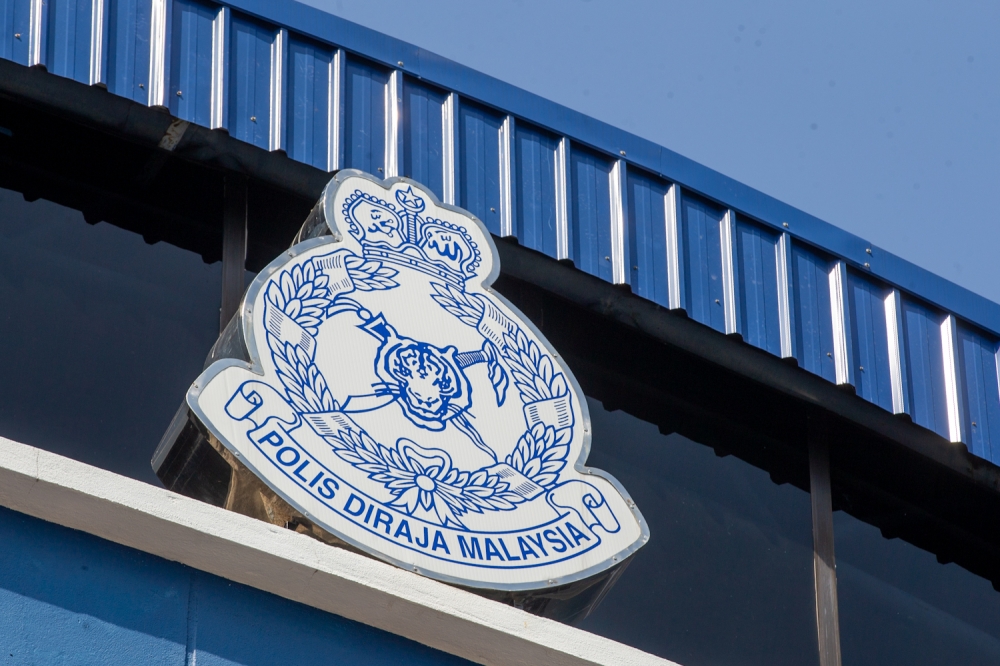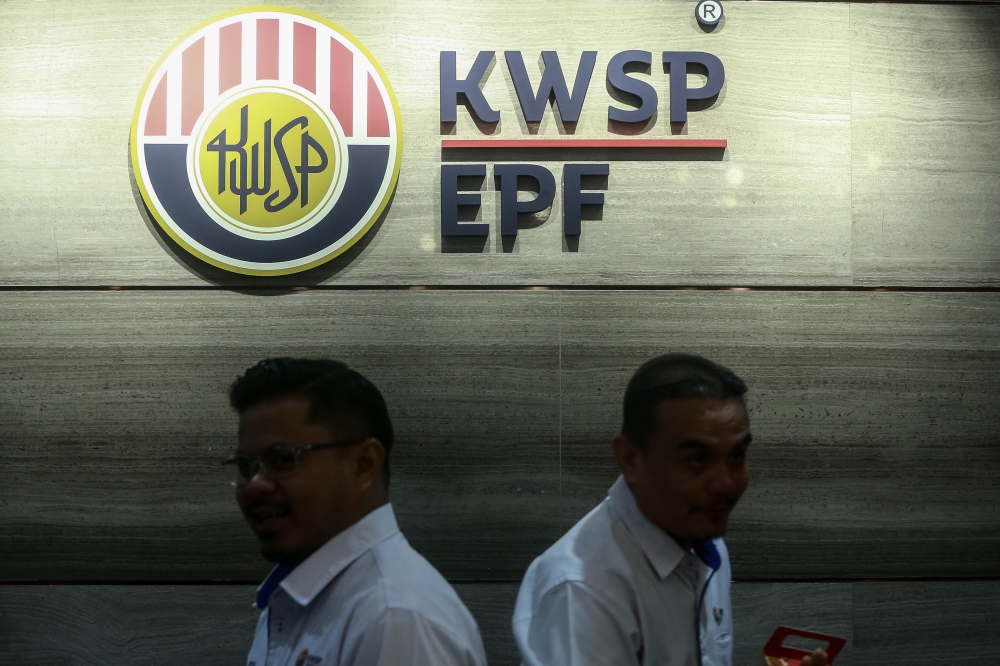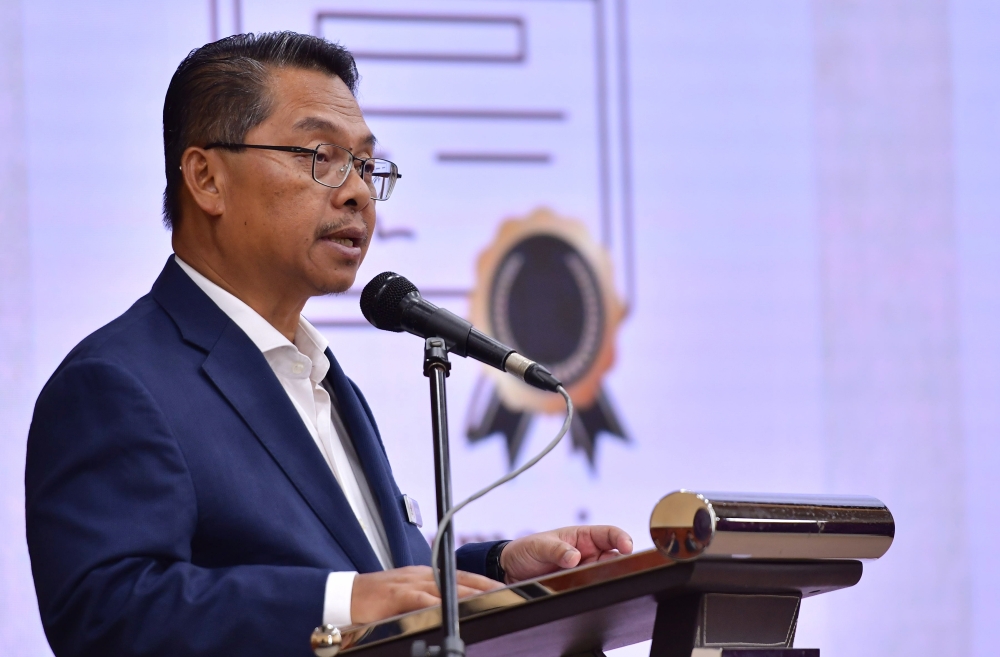KUALA LUMPUR, April 6 — The toll restructuring exercise executed by the government was not a Pakatan Harapan (PH) policy, as the plan already existed during the Barisan Nasional (BN) era, Works Minister Datuk Seri Fadillah Yusof said.
In a statement today, Fadillah said that the government began working on the plan in 2002, while PH only formed its government 16 years later, in 2018.
Since then, he said that BN decided that the Works Ministry, together with other relevant government agencies, would negotiate with highway concession companies to restructure toll rates on major highways across the country.
“This is because, when negotiations are carried out with a concession company, it is based on traffic projections and when a highway is completed and operational, then the actual amount of traffic will be obtained and used for restructuring negotiations.
“The strategy of this structuring negotiation was to take into account the following matters: reduce inter-city highway toll rates in stages, the rising cost of living, the concession companies’ commitment (loan), the impact on government liabilities (compensation) and the highway toll rates,” he added.
Fadillah said that based on the BN government’s aspirations at the time, all highways currently operating have undergone several restructuring exercises to ensure that toll rates collected from highway users are affordable.
“For example, the Damansara-Puchong Highway (LDP) toll rate was restructured to its current rate in 2007. Apart from that, some toll plazas have been abolished, among them were Slim River, Perak in 1993; Senai, Johor Baru in 2004; Salak Jaya Toll Plaza and Sungai Besi Highway (Besraya) in 2009; the one-way Kg Medan Toll Plaza and Lebuhraya Baru Pantai in 2011; the one-way Lebuhraya Cheras-Kajang Toll Plaza in 2012; and the Federal Highway, Bukit Kayu Hitam, Kedah, and the Eastern Dispersal Link (EDL) in Johor in 2018,” he said.
Prime Minister Datuk Seri Ismail Sabri Yaakob said on Monday the government will take over four toll concessions in the Klang Valley through a newly established private entity, Amanat Lebuhraya Rakyat (ALR), under a restructuring exercise aimed at reducing living costs.
The four toll operators are Kesas Sdn Bhd, which manages the Shah Alam Expressway (Kesas); Syarikat Mengurus Air Banjir dan Terowong Sdn Bhd, which manages the Stormwater Management and Road Tunnel (Smart); Sistem Penyuraian Trafik KL Barat Sdn Bhd, which manages the Kuala Lumpur Traffic Dispersal Scheme (Sprint) Expressway; and Lingkaran Trans Kota Sdn Bhd which manages the Damansara-Puchong (LDP) Expressway.
Critics of the government have pointed out that the takeover bid is similar to the proposal by the PH government, which had been criticised.
PH leaders said yesterday that the move against raising fares for four tolled roads was based on a policy decision made in 2019 as part of an election pledge to bring living costs down.
Abolishing the toll was seen as one of the key election pledges that helped put PH into power.
One of several options considered was to take over all the concessionaires, but the lengthy negotiations and planning caused a long delay, prompting backlash and accusations that PH was reneging on its pledges.
The proposal was also criticised by some parties as a way to bail out certain concessionaires.
The coalition said the takeover would have taken place if not for the power-grab that ousted the elected PH administration, citing the reduction in toll rates for the PLUS North-South Highway.
Fadillah in his statement said that the government had also implemented a subsidy laboratory in 2009 to study the best alternatives to resolve the toll rate increase.
He added, however, the decision at that time was to maintain the existing rate, given the negative implications for the government and the country in the eyes of investors.
Nonetheless, he said that Putrajaya never stopped looking for the best alternatives for the well-being of highway users and to ensure the interests of investors were safeguarded by conducting several more studies.
Fadillah said that this included taking into account various aspects such as the reduction of tariff rates, as well as the political impact on the government.
He said that the Works Ministry had also appointed a certified independent audit consultant, KPMG PLT in January 2019, to assist the government to holistically examine and study the direction of the toll industry in the country, which included proposing to reduce the toll burden in the short-, medium- and long-term.
“Subsequently, in 2019, in line with the PH government manifesto, the Works Ministry reviewed the highway industry with emphasis on the impact of tolls on the cost of living and proposed the best solution in this regard. However, taking into account the burden to be borne by the government to implement the acquisition, the government modified the proposed manifesto.
“To realise the proposed restructuring, the acquisition cost of these four companies is RM5.48 billion, which is RM720 million lower than the acquisition offer submitted by the Ministry of Finance (MoF) to the companies involved in 2019 which is RM6.2 billion,” he said.
Fadillah said that under the proposed restructuring initiative, the government does not incur any expenses for the transaction, there is no guarantee to the financing of the ALR and it does not have to bear any maintenance and operating costs with this proposed restructuring.
He added this was unlike the offer submitted by the MoF in 2019 under PH, whereby the government would have to provide a guarantee of RM6.2 billion to fund the proposed acquisition of the four concessionaires.
“This guarantee would have exposed the government to financial risks where the monies collected from the people would also be used to bear the risk. Apart from that, evidence that a 30 per cent discount would be given is also enforceable by any government, subject to payment of compensation. I would like to emphasise here that as a responsible government, the government should not use the allocation that should be used to provide facilities to the people as compensation.
“Regardless whether it was an 18 per cent discount or a 30 per cent discount, or any proposed percentages, all of it involved compensation payments and it was not free,” he added.
Fadillah said that the government’s plan today was also different from PH’s plan, where tolls or congestion charges would continue to be collected even after the toll concession ends, as per the statement of then finance minister, Lim Guan Eng, dated June 26, 2019.
He said that it was more appropriate that the government, as per its latest proposal, ensured no increase in toll rates which did not require any cash compensation to be paid.
“It should also be noted that all agreements are government agreements with the private sector that are closely monitored by investors, and the government cannot arbitrarily issue empty promises or implement something that will affect investor confidence. Therefore, the government, after taking into account all these factors, agreed to this latest proposal, where there are no more shareholders, where it is implemented voluntarily by existing shareholders.
“Here, there is no element of nationalisation as in the previous proposal, and toll rates will remain the same. Since there are no shareholders then there is no commercial element such as dividend payment that will increase the cost. Therefore, the concession period from now on is only to cover financial costs as well as operating and maintenance costs,” Fadillah explained further.

